Small Arcs of Larger Circles: Framing through Other Patterns
by Nora Bateson
The book is a collection of essays, poems and stories that explore themes of systems thinking, complexity, evolution, communication, transcontextual description, mutual learning, and the nature of life and change.
Bateson advocates moving beyond mechanistic thinking that sees the world in terms of parts and wholes. Instead, she proposes perceiving the world as complex adaptive systems engaged in ongoing mutual learning.
She introduces the neologism "symmathesy" to describe entities (like ecosystems, bodies, families, forests) formed over time through contextual mutual learning and interaction between variables. This contrasts with the more static term "system."
Our language and metaphors matter - terms like "system" still subtly imply a mechanistic worldview. New language like "symmathesy" can allow us to perceive and describe living complexity more accurately.
Transcontextual research - studying a subject across multiple disciplinary and relational contexts - reveals richer information about the complex interactions that comprise living systems. Boundaries become interfaces for learning and communication.
The essays explore the implications of this "symmathesy" perspective for domains like education, therapy, medicine, ecology, culture and personal identity. Possibilities emerge when we stop seeking control and start interacting with the learning latent in every context.
Through poetic and allegorical writing, Bateson evokes the aesthetic, emotional and embodied dimensions of participating in a world of interwoven, ever-evolving relationships. Mutual learning between generations, cultures, and organisms characterizes the very nature of life itself.
In summary, the book makes a passionate case for shifting our perception to recognize and engage with the lively intelligence animating the complex systems we are part of. Only by dancing with uncertainty and contextual specificity can we cultivate resilience in a time of accelerating change.
